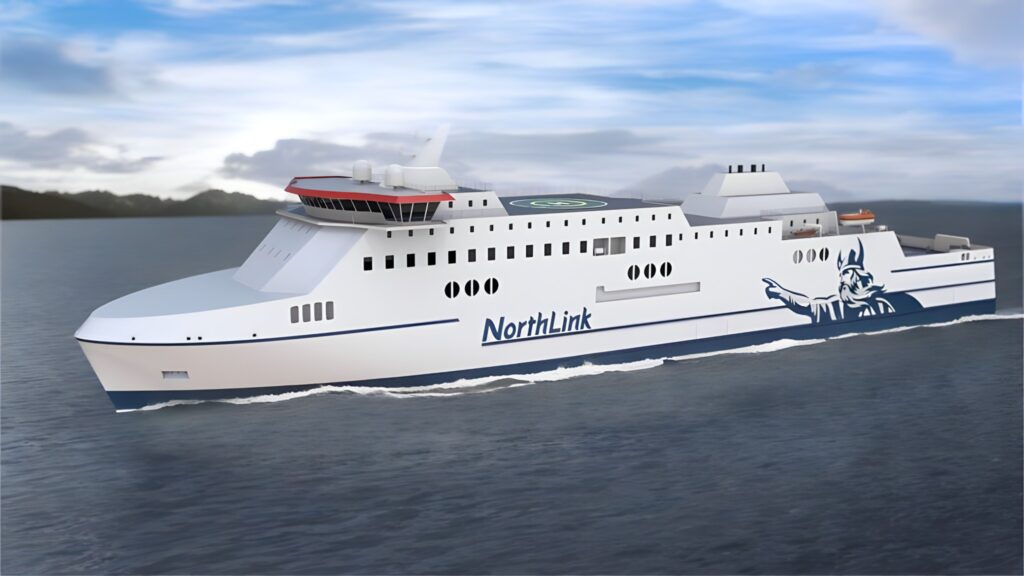The Scottish Authorities has confirmed that Chinese language shipyards is not going to be excluded from bidding on two new Northern Isles freight ferries, regardless of calls from Labour MSP Paul Sweeney to use restrictions below the UK Procurement Act 2023.
In a written reply issued on 5 November, Transport Secretary Fiona Hyslop mentioned there’s “no coverage or strategy that excludes Chinese language firms from bidding for work on Scottish Authorities led or funded tasks.”
She added that Caledonian Maritime Property Restricted (CMAL), the state-owned procurement physique, “considers bids for vessel contracts in accordance with the necessities of the Public Contracts (Scotland) Rules 2015.”
Based on Hyslop, CMAL is predicted to hold out “applicable due diligence, together with monetary and different checks on the entire firms they invite to tender.”
Her response follows Sweeney’s earlier query, lodged on 17 October, asking whether or not ministers would instruct CMAL to ignore bids from Chinese language shipyards “in gentle of reported considerations concerning unfair, market-distorting state assist for Chinese language shipbuilding companies, and the shortage of a commerce settlement between the UK and China as outlined by part 89 of the Procurement Act 2023.”
The £200 million contract to construct two freight ferries for the Aberdeen–Kirkwall–Lerwick route has shortlisted 4 shipyards: Cemre and Tersan in Turkey, Guangzhou Shipyard Worldwide in China, and a UK–China partnership involving Stena and China Retailers Jinling Shipyard in Weihai.
The vessels are supposed to interchange older freight ships and can carry each cargo and as much as 200 passengers at peak occasions.
Issues have been raised that Chinese language yards might have an unfair benefit as a consequence of state subsidies. Nevertheless, the Scottish Authorities has now made clear that it’ll not intervene to forestall them from bidding.

